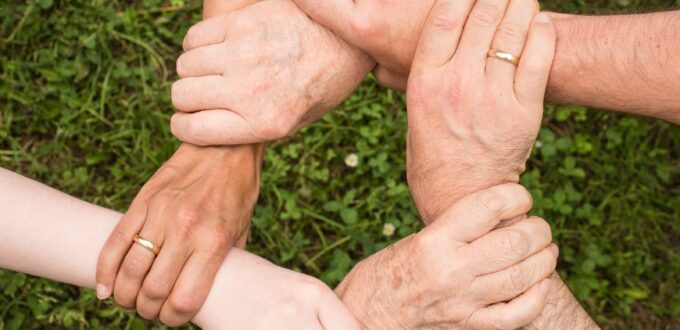Emotional trauma is the result of an extraordinarily stressful event that shatters a person’s sense of security.
More than half of Americans will go through traumatic events in their lives. Losing a loved one, domestic violence, bullying, divorce, and miscarriage are just some of the most common causes of emotional trauma.
While most people who experience a disturbing event will not experience trauma, others still find it difficult to move on from that experience.
The good news is that recovering from emotional trauma is possible. Here are some things you can do to start healing from emotional trauma.
Accept support from loved ones.
Connecting with family and friends is a part of the healing process. If you feel like you’re ready to talk about your experience, lean on your loved ones. It’s not always necessary to share all the details about your trauma, but talking to your loved ones can help you feel better. Go ahead and take that lunch invitation.
Start a hobby
Experiencing traumatic events can make you feel anxious. If speaking with your family and friends makes you uncomfortable, consider joining groups or connecting with people who share similar interests with you. Having a me-time and doing things you enjoy can help divert your thoughts from traumatic memories and experiences.
Get moving
When you experience emotional trauma, you feel too heavy and weighed down to move yourself into the life you want. But it would be best if you remember that self-care is vital during healing.
Exercise can help improve your physical and emotional well-being. Once you get moving, your brain releases adrenaline, dopamine, and endorphins — the feel-good chemicals. Try to exercise 30 minutes a day. If you can’t do that, start with 10-minute exercise sessions each day. Walking, running, and dancing works best.
Be willing to heal
The desire to heal can be your best ally on the road to recovery. Remember, it’s not your fault, and there’s no shame in what you’re feeling. The emotions you’re feeling because of the trauma are only responses. They’re not who you are.
When to seek professional help
Trauma is different for everyone. For most people, symptoms get better with time. It may take weeks, months, or years. But if your symptoms interfere with your day-to-day lives and relationships, it is best to seek professional help.

